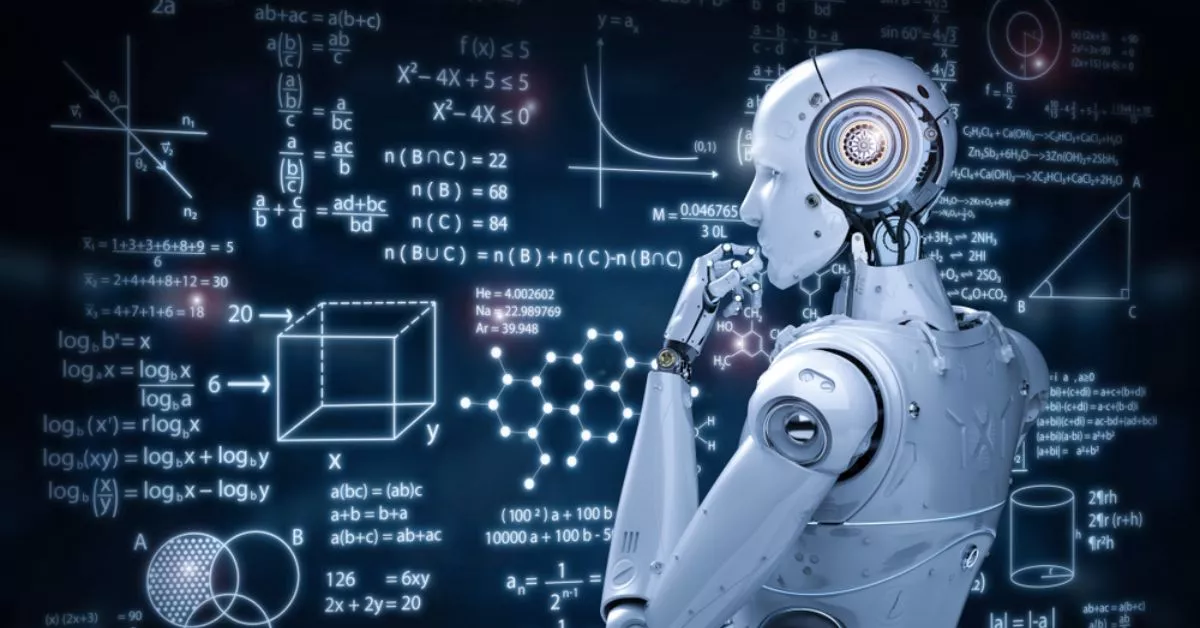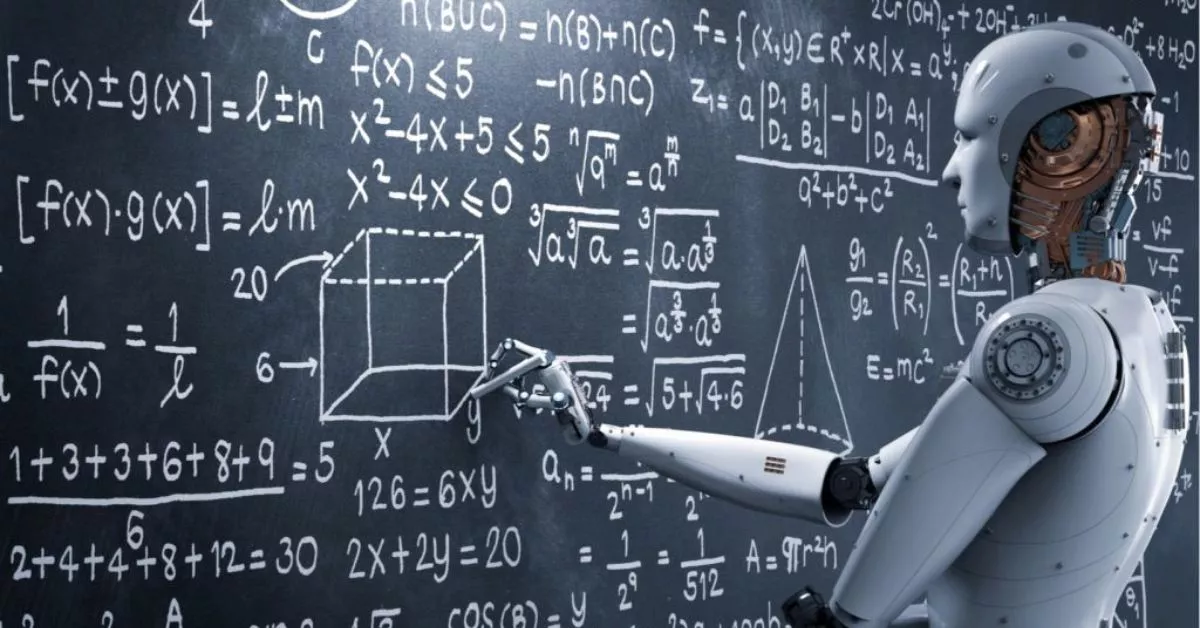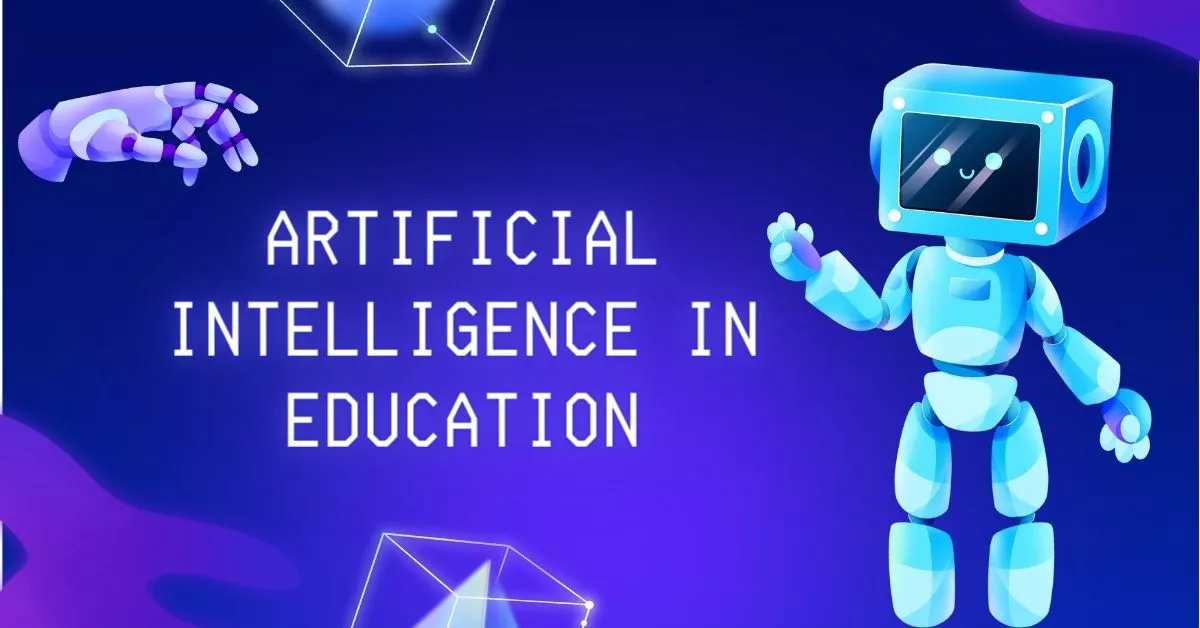Artificial Intelligence (AI) has become a transformative force across various industries, and its impact on education is nothing short of revolutionary. From personalized learning experiences to intelligent tutoring systems, AI is reshaping the educational landscape.

Understanding AI in Education
1. Introduction to AI in Learning: A Paradigm Shift
Explore the fundamental changes AI brings to education, fostering a shift from traditional teaching methods to personalized and adaptive learning experiences.
2. The Role of Intelligent Tutoring Systems: Tailoring Education
Delve into how AI-powered tutoring systems, such as Knewton and DreamBox, tailor lessons based on individual student progress, promoting effective learning.
3. Automated Grading and Feedback: Efficiency and Enhancement
Examine the efficiency of automated grading systems, like Gradescope, in providing timely feedback to students and educators, enhancing the learning process.
4. AI-Infused Classroom Management: Optimizing Administrative Tasks
Understand how AI streamlines administrative tasks in classrooms, from attendance tracking to resource allocation, allowing educators to focus on teaching.
AI and Personalized Learning Journey
1. Adaptive Learning Platforms:
Explore the concept of adaptive learning platforms, such as Smart Sparrow and ALEKS, which tailor content to students’ individual needs, fostering a personalized learning journey.
2. Language Processing in Education:
Dive into how Natural Language Processing (NLP) is utilized by AI tools like Grammarly to enhance language learning and writing skills.
3. Virtual Classrooms and AI:
Uncover the integration of AI in virtual classrooms, facilitating interactive and engaging learning experiences through platforms like Zoom and Google Meet.
AI’s Impact on Educational Institutions
1. Enhancing Teacher Efficiency:
Explore how AI empowers educators by automating administrative tasks, allowing them to focus on teaching and providing valuable mentorship.
2. Addressing Learning Disabilities:
Witness the role of AI in addressing learning disabilities through personalized interventions, aiding students with diverse learning needs.
3. AI in Higher Education:
Examine the application of AI in higher education, from intelligent course recommendations to predictive analytics for student success.

Conclusion
As we navigate the ever-evolving landscape of education, the integration of AI emerges as a beacon of innovation. Embracing artificial intelligence in education not only enhances efficiency but also paves the way for a more inclusive and personalized learning experience.
